Czech Republic EU Blue Card
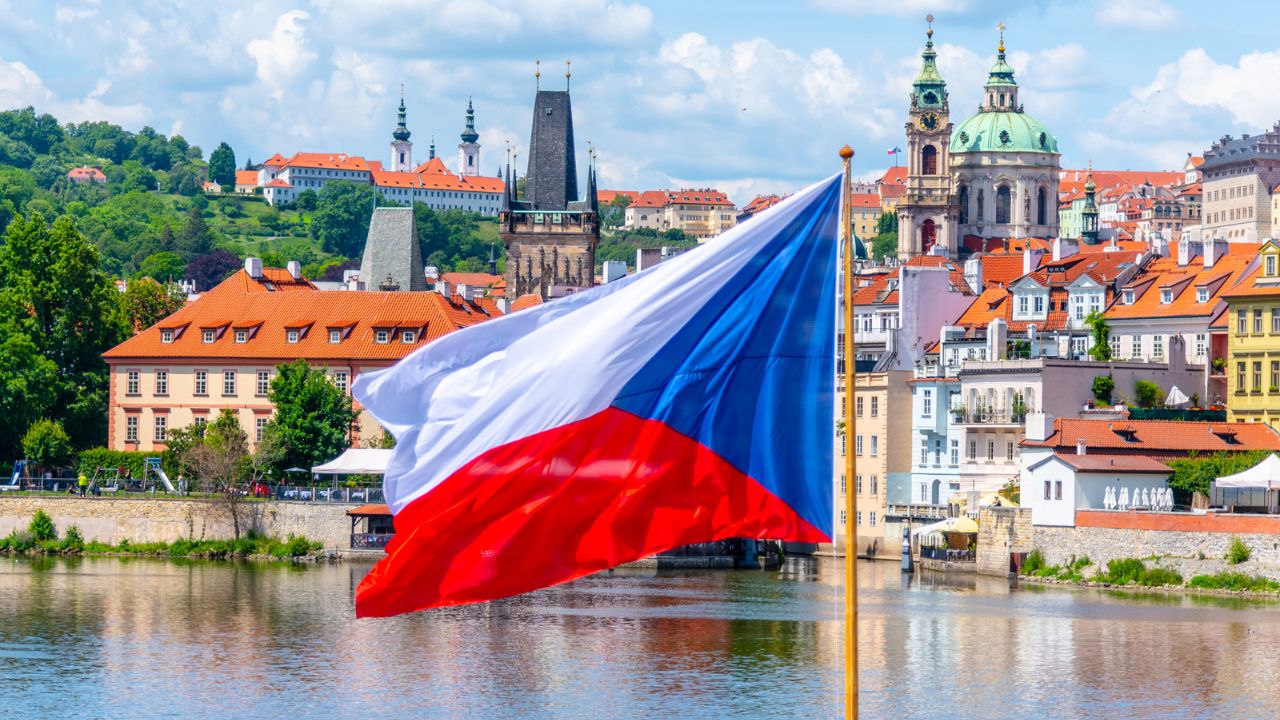
Quick Visa Facts
Visa length Up to 2 years (employment contract + 3 months)
Possible to extend? Yes, as long as you continue to meet all eligibility requirements.
Who can apply? Highly qualified non-EU nationals with a binding job offer in the Czech Republic.
Minimum Income Requirements CZK 69,248 per month (~USD 3,293) approximately.
Time for visa applications Processing usually takes 60–90 days.
Want to know if you can apply?
Complete a visa quiz and see if you qualify!
Thinking about building your career in the Czech Republic? If you’re a highly qualified professional from outside the European Union, the Czech Republic Blue Card could be your golden ticket. This special residence permit allows skilled workers to live and work in Czechia legally, while also enjoying many of the rights and benefits that come with being part of the EU Blue Card program.
The Blue Card is designed to attract international talent to the Czech Republic, especially in fields where skilled workers are in demand. Whether you’re an IT specialist, an engineer, a researcher, or another highly educated professional, the Blue Card opens the door to long-term opportunities in one of Europe’s most dynamic economies.
In this guide, we’ll walk you through everything you need to know about the EU Blue Card in the Czech Republic, from eligibility requirements and the application process to the benefits, rights, and obligations that come with holding this permit.
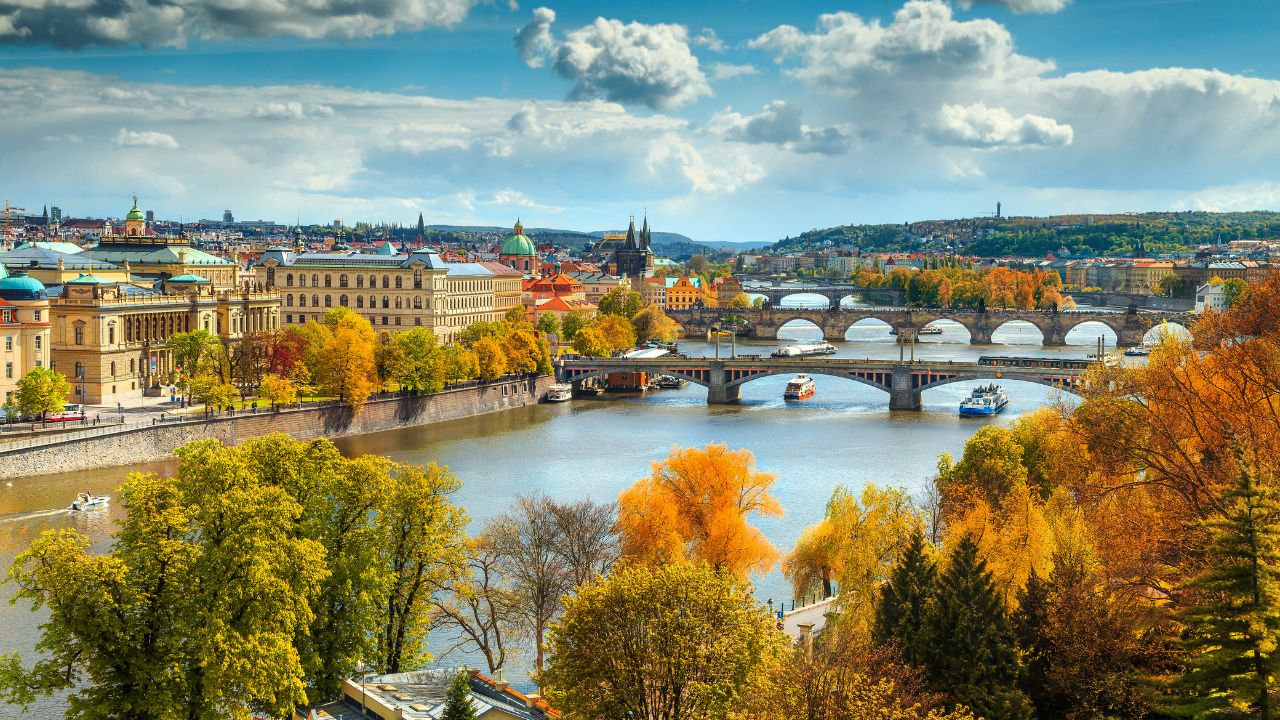
Czech Republic Blue Card Overview
The Blue Card is a special type of residence and work permit introduced by the European Union in 2009, with the Czech Republic implementing it shortly after. It is designed for highly qualified workers from outside the EU who want to live and work in Czechia.
Unlike a regular work permit, the Blue Card combines both residence rights and work authorization into one permit, making it easier for skilled professionals to settle in the country long-term.
The Czech Republic Blue Card is valid for several years (usually the length of your work contract plus a few months), and it can be renewed. It also opens the door to family reunification, long-term residence, and future mobility within the EU.
Who Is It For?
The Blue Card in the Czech Republic is intended for:
Non-EU nationals (third-country citizens).
Professionals with higher education (university degree or equivalent).
Workers who have a binding job offer or employment contract in the Czech Republic.
Applicants whose job meets the required minimum salary threshold (set at a higher level than the average wage).
This makes the Blue Card especially attractive to IT specialists, engineers, medical professionals, researchers, and other in-demand experts.
What Does It Allow You to Do?
With a Czech Republic Blue Card, you can:
Live and work in the Czech Republic legally.
Work in the job specified in your Blue Card application.
Stay for the duration of your employment contract, plus additional time for renewal.
Apply for long-term residence after a certain period.
Bring your family members with simplified procedures.
Benefit from certain EU mobility rights, which may allow you to move and work within other participating EU countries after meeting local requirements.
In short, the Blue Card is not just a work permit; it’s a pathway to long-term settlement and career growth in the Czech Republic.

Czech Republic Blue Card Requirements
To apply for a Czech Republic Blue Card, you must prepare a set of documents proving your eligibility and readiness to live and work in Czechia. The application must always be submitted in person at a Czech embassy or consulate (or in some cases at the Ministry of the Interior in the Czech Republic).
Basic documents required:
Completed application form for a long-term residence permit (Blue Card).
Valid passport (must remain valid throughout the stay).
Two recent passport-sized photos.
Employment contract or binding job offer in the Czech Republic (minimum duration: 1 year).
Proof of professional qualifications (university diploma or equivalent).
Document confirming accommodation in the Czech Republic (rental contract, property ownership, or official housing confirmation).
Proof of payment for the administrative fee.
Proof of Financial Self-Sufficiency
Applicants must demonstrate that they can support themselves financially in the Czech Republic. Usually, this requirement is met through the employment contract that meets the minimum salary threshold for the Blue Card.
For the period May 1, 2025 to April 30, 2026, the national average gross salary stands at CZK 46,165/month (~USD $2,195), which leads to the minimum Blue Card threshold of CZK 69,248/month (~USD $3,293).
Private Health Insurance
Before entering the Czech Republic, applicants must have valid private health insurance covering comprehensive care for the entire period of stay until they are covered by Czech public health insurance. Proof of insurance must be submitted with the application.
Travel insurance is not accepted; it must be long-term residency health insurance. You can find our recommendations for the best health insurance plans here.
Higher Education or Professional Qualification
A key requirement for the Blue Card is proof of higher education (university degree) or, in some cases, recognized professional qualifications. Official translations into Czech may be required for foreign documents.
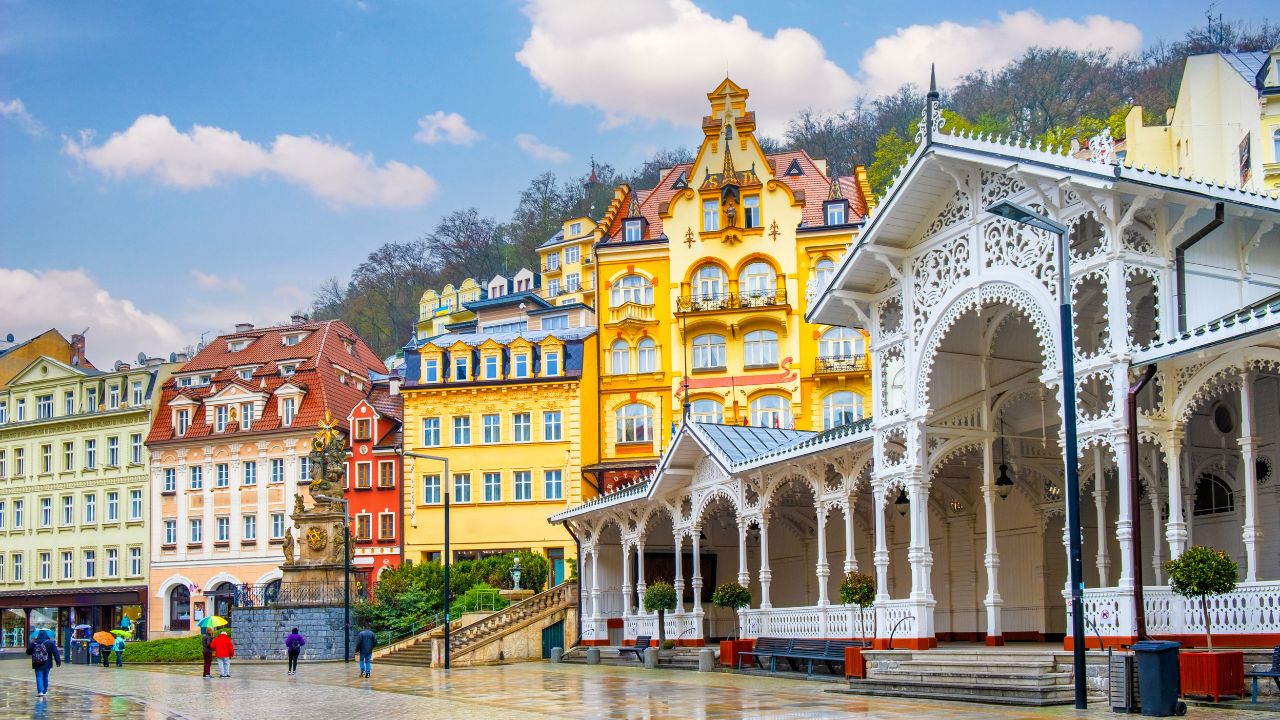
Blue Card Stay Requirements
The Czech Republic Blue Card is usually issued for the duration of your employment contract plus an additional three months, but never for more than two years at a time. Once it expires, you may apply for renewal as long as you still meet all the conditions, such as having valid employment, meeting the salary threshold, holding health insurance, and maintaining accommodation in the country.
To keep your Blue Card valid, you must reside primarily in the Czech Republic. Extended absences abroad can affect your eligibility for renewal or for future long-term residence. During the first two years, you cannot freely change employers; any job change must be approved by the Ministry of the Interior. After this period, switching employers becomes easier through a simple notification procedure.
The Blue Card also serves as a pathway to permanent residence in the EU. If you have held a Blue Card for at least five years across EU member states, and at least two of those years were spent in the Czech Republic, you may be eligible to apply for long-term EU residence status. Renewal applications must always be filed before your current Blue Card expires to avoid interruptions in your legal stay.
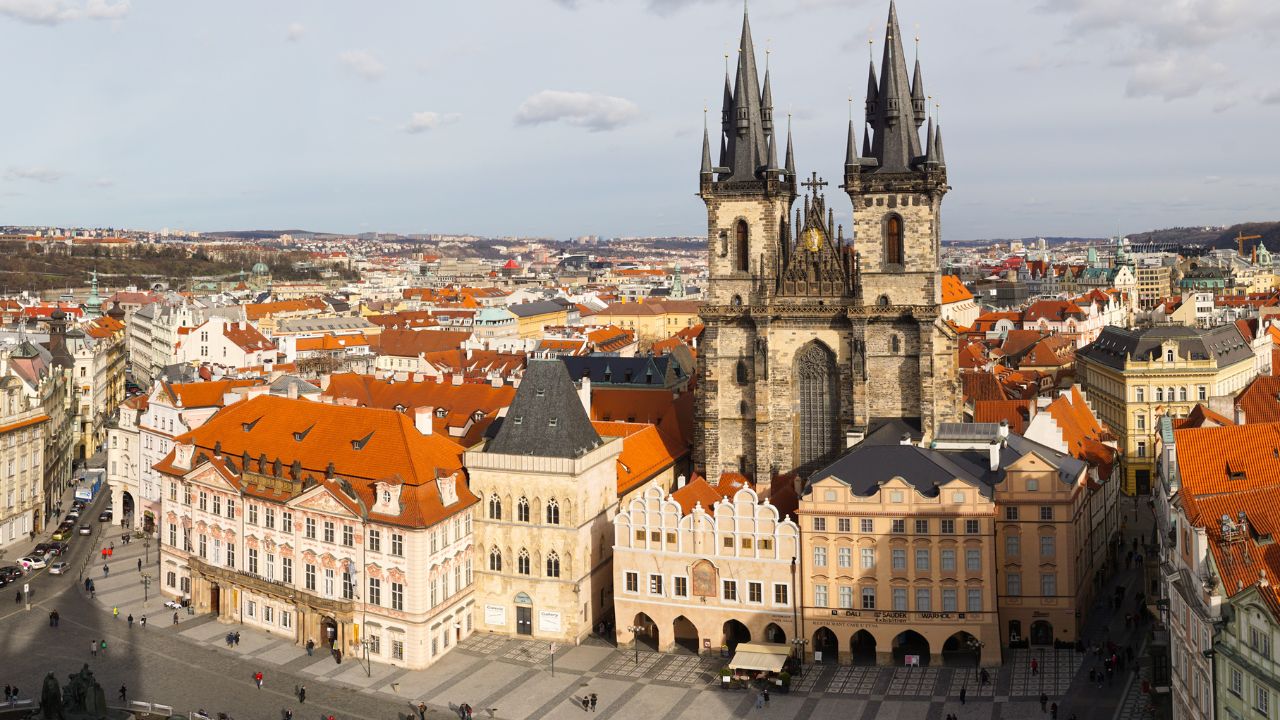
How Much Does the Blue Card Cost?
Applying for a Czech Republic Blue Card involves paying administrative fees, which vary depending on where you apply. If you submit your application at a Czech embassy or consulate abroad, the fee is CZK 5,000 (approximately USD 240). If you are already in the Czech Republic and apply at the Ministry of the Interior, the fee is reduced to CZK 2,500 (approximately USD 120). When collecting the Blue Card after approval, there is also a biometric residence card issuance fee of CZK 2,500 (about USD 120).
In summary, the main costs are:
Application fee at Czech embassy/consulate: CZK 5,000 (~USD 240)
Application fee at the Ministry of the Interior in Czechia: CZK 2,500 (~USD 120)
Biometric residence card issuance: CZK 2,500 (~USD 120)
These are the standard government fees. Applicants should also budget for additional expenses such as document translations into Czech, notarizations, legalizations or apostilles, and health insurance, as these are often required and not included in the official fees.

Taxes for People With a Blue Card
If you hold a Czech Republic Blue Card, you are generally subject to the same tax rules as Czech citizens and other long-term residents. Your tax obligations depend on whether you are considered a tax resident or a non-resident. A person is usually considered a tax resident if they spend more than 183 days per year in the Czech Republic or if they have their permanent home in the country.
As a tax resident, you must declare and pay tax on your worldwide income in the Czech Republic. Non-residents are only taxed on income earned within Czech territory. In most cases, your employer will automatically deduct income tax from your salary through the Czech payroll system. The standard personal income tax rate is 15%, applied to gross income up to a certain threshold. For higher earnings above approximately CZK 1.9 million per year (around USD 90,000), a higher rate of 23% applies.
In addition to income tax, employees are required to contribute to the Czech social security and health insurance systems, which are withheld directly from wages. These contributions are mandatory and ensure access to healthcare and future pension entitlements. Your employer also makes additional contributions on your behalf.
It is important for Blue Card holders to keep accurate records and ensure that any income earned abroad is declared properly if they are Czech tax residents. In some cases, double taxation treaties between the Czech Republic and your home country may help avoid being taxed twice on the same income. Consulting a tax advisor is recommended, especially for highly paid professionals, to optimize compliance and ensure correct filing.
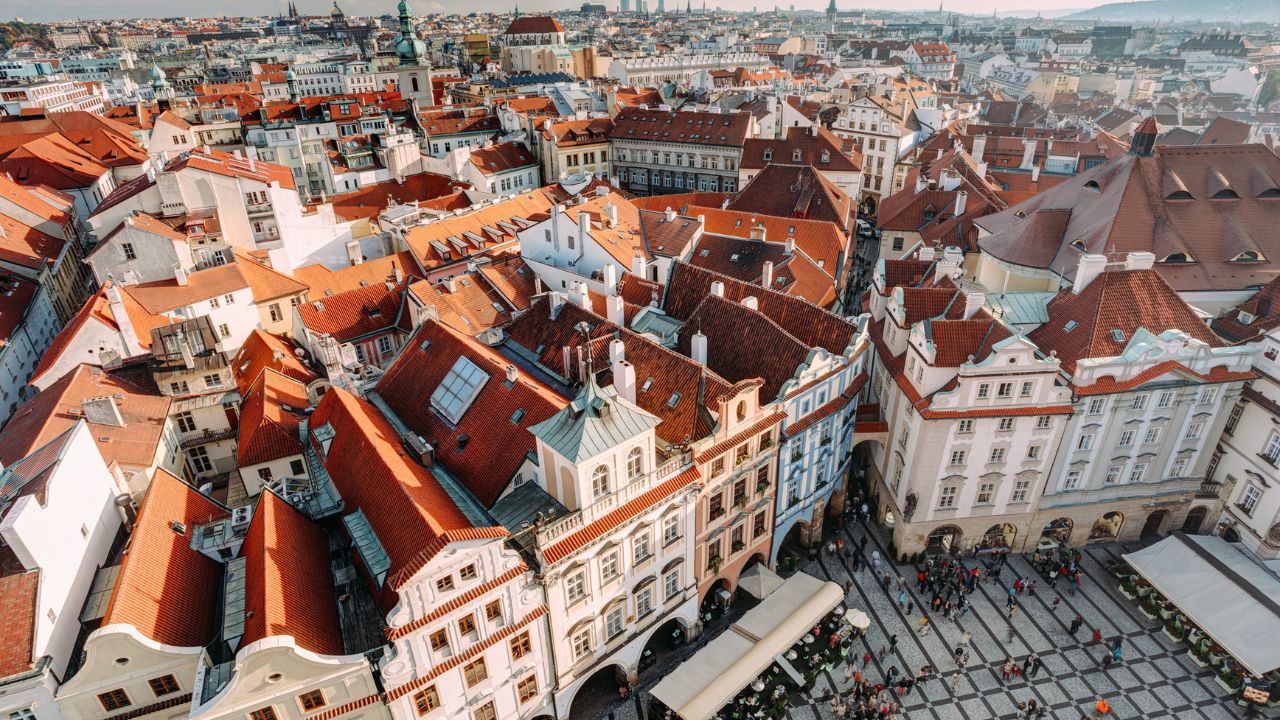
Living in the Czech Republic with the Blue Card
Holding a Czech Republic Blue Card allows you to fully experience life in one of Central Europe’s most vibrant and dynamic countries. With your Blue Card, you can legally reside in Czechia, rent or buy property, and enjoy access to local services and amenities. Major cities like Prague, Brno, and Ostrava offer a high quality of life, modern infrastructure, and a rich cultural scene, including historic architecture, theaters, museums, and international restaurants. Beyond the cities, the country’s scenic landscapes, castles, and natural parks provide excellent opportunities for travel and outdoor activities.
Blue Card holders also enjoy the benefits of living as a skilled professional in Czechia, including access to public healthcare once enrolled, opportunities for career growth, and the ability to bring family members under simplified family reunification rules. While adapting to local language and customs may take time, many international communities and expat networks exist to provide support. Overall, the Blue Card makes it possible to combine professional development with a fulfilling personal life in the heart of Europe.
Best Cities to Live in the Czech Republic
When moving to the Czech Republic with a Blue Card, choosing the right city can make a big difference in your lifestyle, career opportunities, and overall experience. Here are three of the best cities to consider:
Prague

As the capital and largest city, Prague is the economic and cultural heart of the Czech Republic. It offers a thriving job market, especially in IT, finance, and international business, making it ideal for highly skilled professionals. The city is known for its stunning historic architecture, vibrant cultural scene, and excellent public transport. International schools, expat communities, and a wide range of housing options make Prague a top choice for Blue Card holders.
Brno
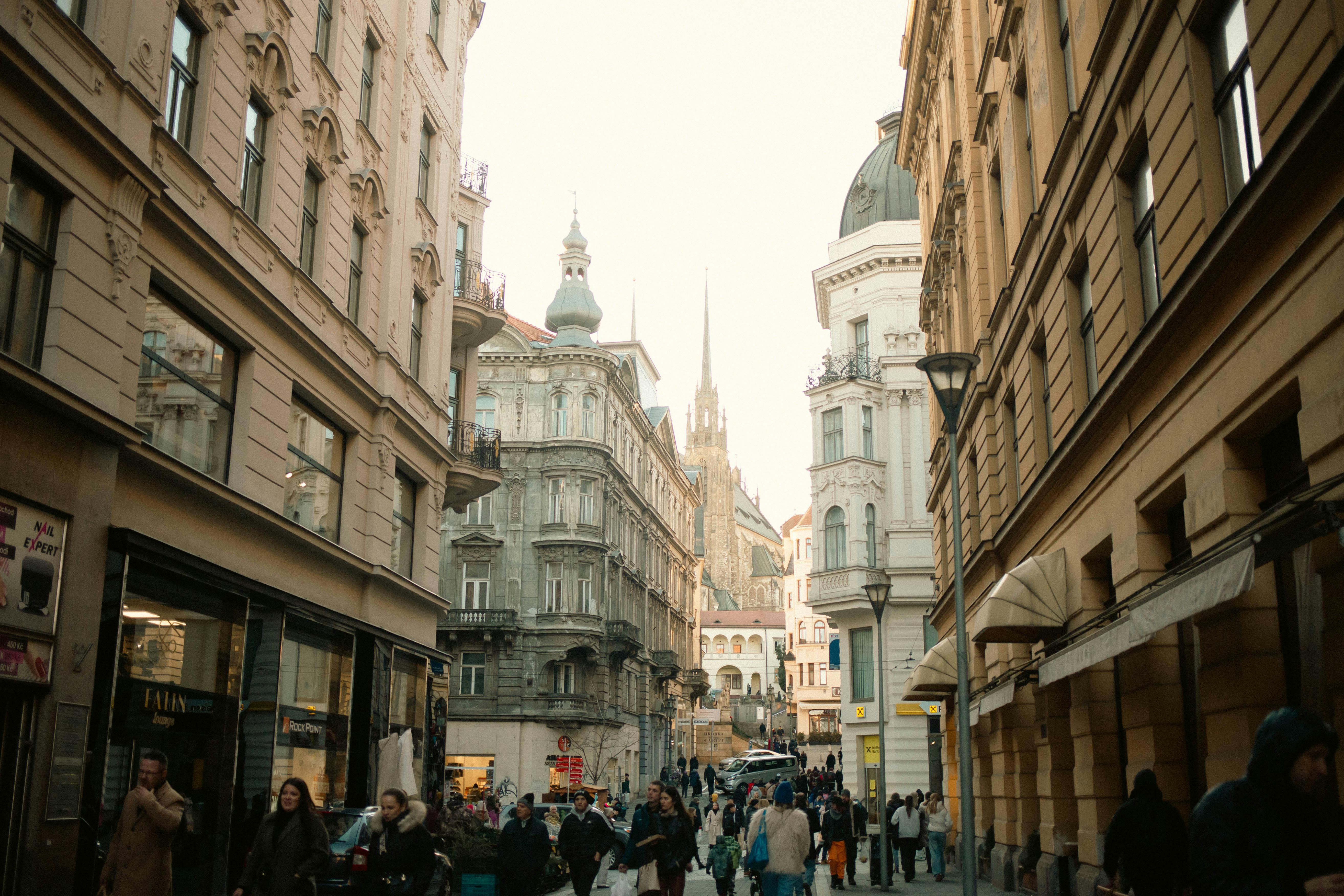
Brno, the country’s second-largest city, is a growing hub for technology and research. Home to several universities and innovation centers, it attracts young professionals and academics. Brno offers a slightly lower cost of living than Prague while maintaining a high quality of life, with modern amenities, cultural events, and green spaces. Its compact size and efficient transport system make it easy to navigate and feel like home.
Ostrava
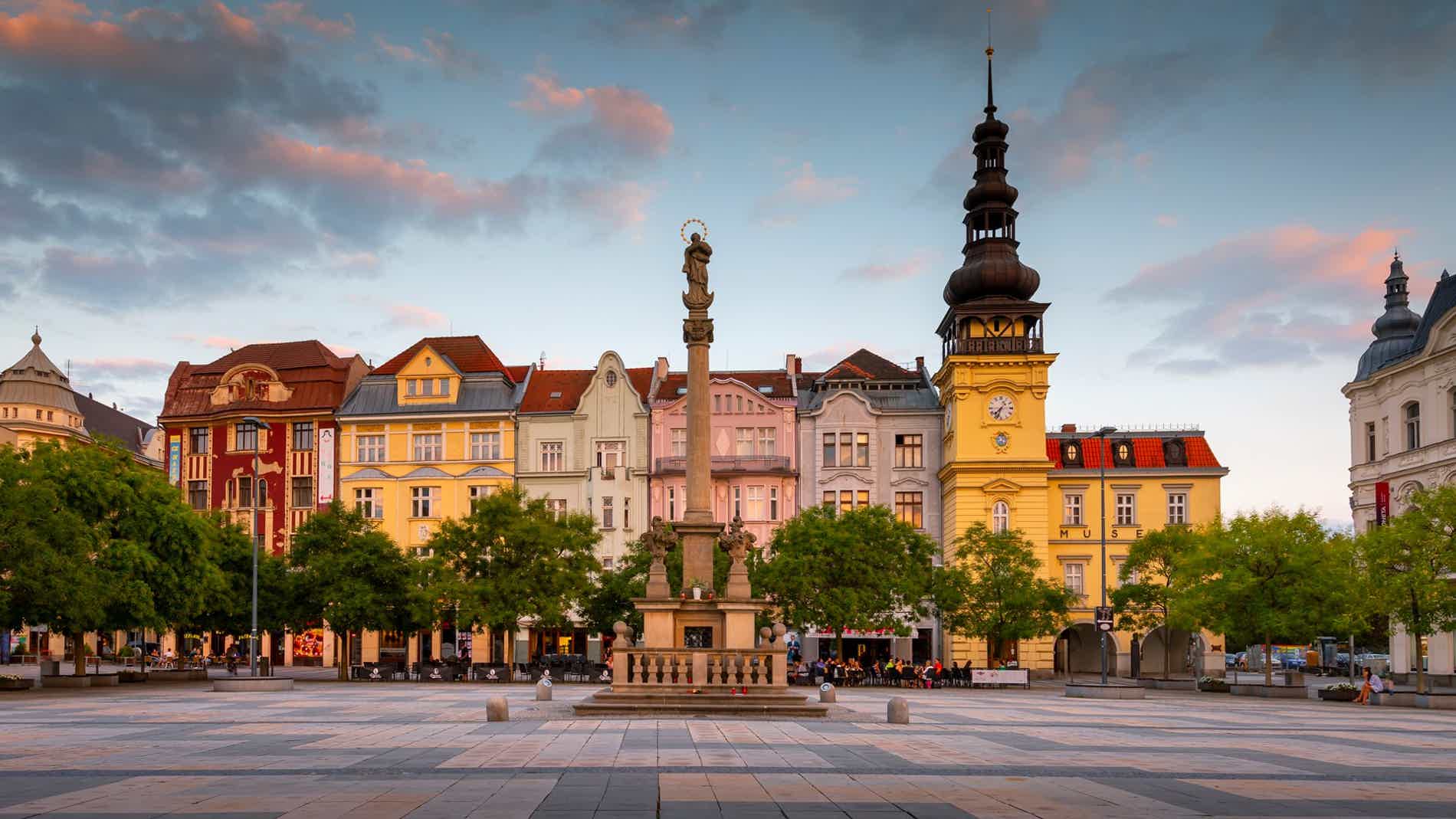
Located in the northeast, Ostrava is an industrial and cultural center with a unique charm. The city has a strong focus on engineering, manufacturing, and energy sectors, offering career opportunities in these fields. Ostrava is known for its affordable housing, lively cultural festivals, and proximity to natural landscapes, including mountains and forests, making it a great option for families and those who enjoy outdoor activities.
Cost of Living
The official currency of the Czech Republic is the Czech koruna (CZK). 1 CZK = approximately $0.045 USD.
The average net monthly salary in the Czech Republic is around 36,330 CZK, which equates to approximately $1,640 USD.
Here’s a rundown of what you should expect to pay in different cities:
Prague
Rent (1 bedroom in city center) - $1,090 per month
Rent (3 bedrooms outside city center) - $1,450 per month
Basic Utilities - $315 per month
Wi-Fi - $27 per month
Public Transport - $1.30 one-way
Groceries (2 people) - $400–$500 per month
Brno
Rent (1 bedroom in city center) - $740 per month
Rent (3 bedrooms outside city center) - $1,010 per month
Basic Utilities - $159 per month
Wi-Fi - $19 per month
Public Transport - $1.10 one-way
Groceries (2 people) - $230–$460 per month
Ostrava
Rent (1 bedroom in city center) - $507 per month
Rent (3 bedrooms outside city center) - $780 per month
Basic Utilities - $221 per month
Wi-Fi - $17 per month
Public Transport - $1.30 one-way
Groceries (2 people) - $400–$450 per month
FAQs
What is the Czech Republic Blue Card and who can apply for it?
The Blue Card is a long-term residence and work permit for highly qualified non-EU nationals. It is designed for professionals with higher education or recognized qualifications who have a binding job offer in the Czech Republic that meets the minimum salary threshold.
How long can I stay in the Czech Republic on a Blue Card?
The Blue Card is typically issued for the duration of your employment contract plus three months, up to a maximum of two years. It can be renewed as long as you continue to meet the eligibility requirements.
Can I bring my family with me on a Blue Card?
Yes, Blue Card holders can bring their spouse and dependent children to the Czech Republic under simplified family reunification rules. Family members are allowed to live, study, and, in some cases, work in the country.
How much does it cost to apply for a Czech Republic Blue Card?
The application fee at a Czech embassy or consulate abroad is CZK 5,000 (~USD 240). If applying within the Czech Republic, the fee is CZK 2,500 (~USD 120). There is also a biometric card issuance fee of CZK 2,500 (~USD 120). Additional costs may include translations, notarizations, and health insurance.
Do I have to pay taxes while living in the Czech Republic on a Blue Card?
Yes, Blue Card holders are generally treated like Czech tax residents. This means you are subject to income tax on worldwide income if you meet residency criteria, plus mandatory social security and health insurance contributions. Double taxation treaties may apply depending on your home country.
Can I get help applying for the Czechia EU Blue Card?
If you need help applying for a visa, you can talk to Citizen Remote. Get specific advice from one of our experts, or outsource the entire application to our team.
Author
Nadia Dardón is a content creator from Guatemala. She has worked fully remotely for the past six years as a copywriter, editor, and content creator, working for different industries. She started her digital nomad journey in 2022 and currently lives as an expat in Spain.
